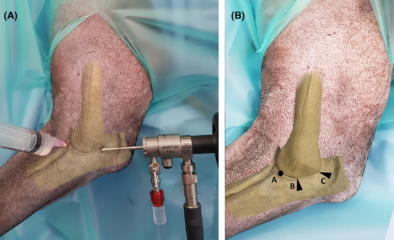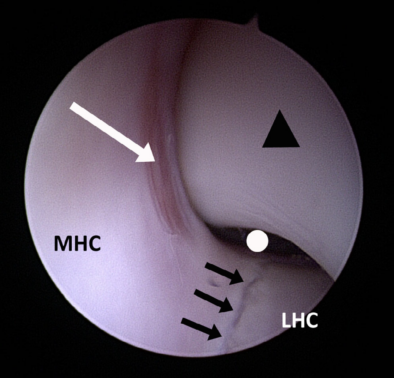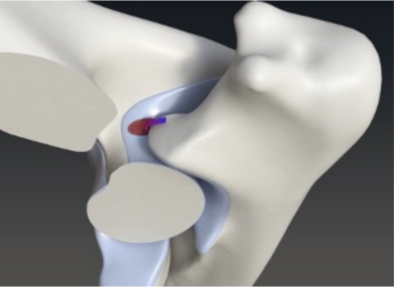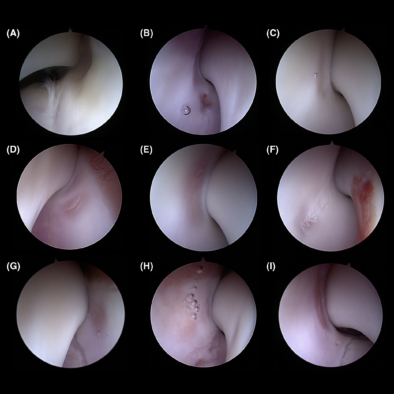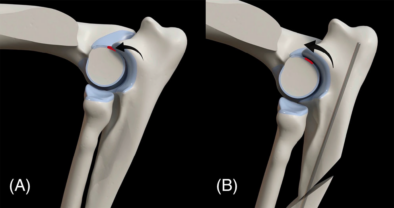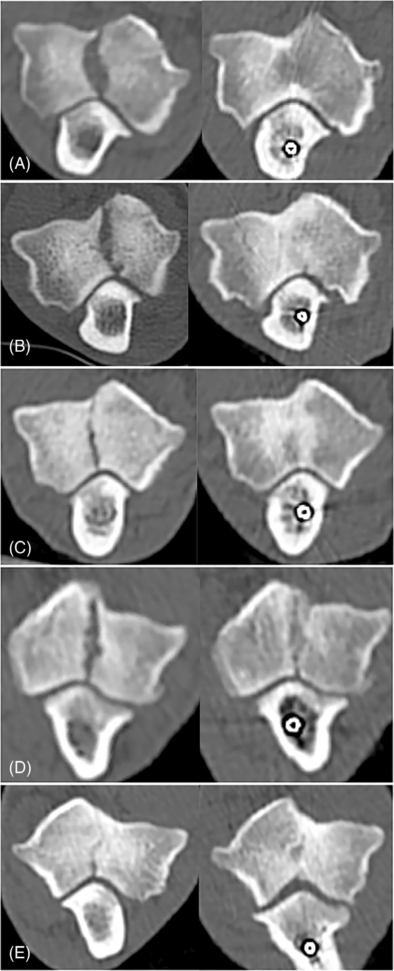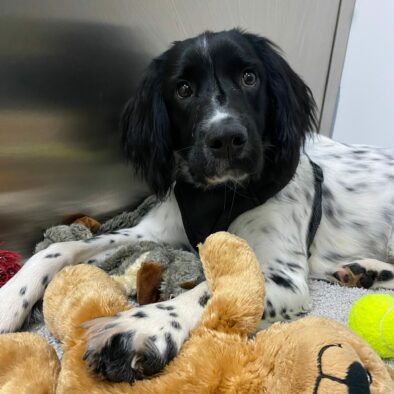Our Community
Alan Danielski Publishes Research on a Novel Treatment Method for HIF

Alan Danielski
In a pioneering study, Alan Danielski DVM MRCVS DipECVS European and RCVS Specialist in Small Animal Surgery, Orthopaedic Surgeon at The Ralph, investigated the effects of oblique proximal ulnar osteotomy (PUO) on the healing of humeral intracondylar fissure (HIF) in spaniel breed dogs. This study introduces an innovative approach to achieving healing of the HIF, which may help reduce the high complication rate traditionally associated with the use of transcondylar screws.
The study is based on 51 elbows (35 spaniels); a total of 24 partial and 27 complete HIFs were diagnosed. Objective assessment confirmed partial or complete fissure healing in 41 elbows (80.3%). Conclusion: Oblique proximal ulnar osteotomy (PUO) resulted in partial or complete healing of humeral intracondylar fissure (HIF) and pain resolution in most dogs.
“This manuscript represents the culmination of years of research and dedication. It has the potential to revolutionise the treatment of this devastating disease and prevent countless unnecessary amputations. PUO can also be considered as a revision strategy for dogs experiencing major complications after transcondylar screw placement.”
– Alan Danielski
Humeral intracondylar fissure (HIF) is a recognised cause of thoracic limb lameness in spaniel breed dogs; it is a weakness of the humeral condyle and very often leads to a fracture of the elbow. Initially, it was believed to be due to a failure of the two centres of ossification of the humeral condyle to fuse (hence the term incomplete ossification of the humeral condyle, IOHC). However, recent research challenged this theory, suggesting that HIF could be the result of a stress fracture due to joint incongruity.
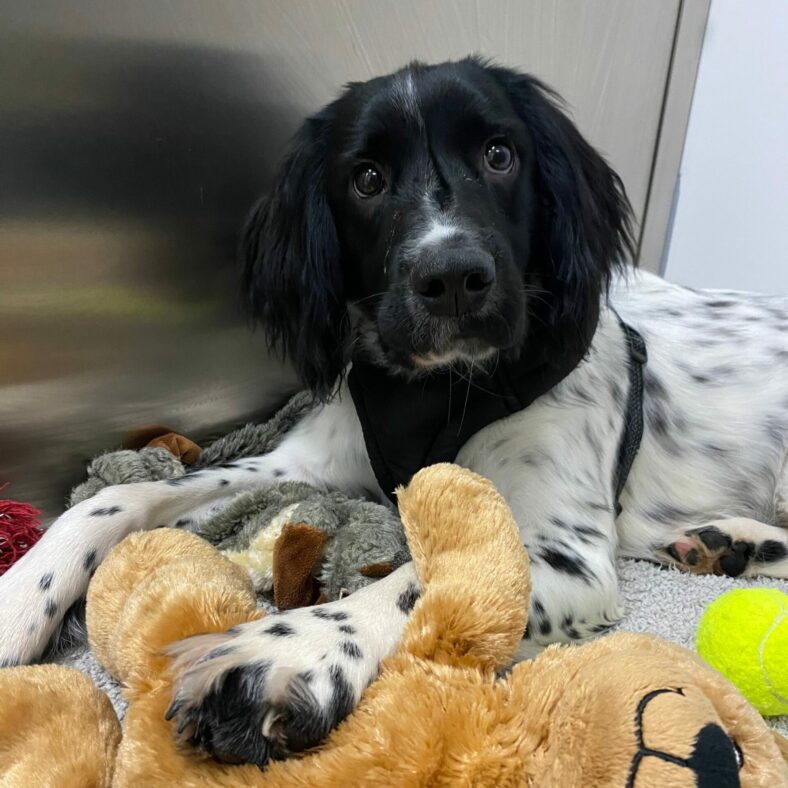
Oreo, one of Alan’s patients with near-complete healing of his HIF following PUO surgery.
The first part of Alan’s study introduces a previously undocumented cartilaginous lesion, called a humero-anconeal lesion (HA lesion), in the caudal humeral condyle in elbows with HIF. Using a modified medial arthroscope portal for better visualisation, a focal cartilage lesion was consistently identified on the caudal aspect of the humeral condyle in dogs with HIF. The HA lesion showed various degrees of cartilage damage, and during elbow extension, the anconeal process perfectly matched the lesion, suggesting that impingement (humero-anconeal incongruity) could be the cause of the development of the fissure.
If humero-anconeal incongruity is considered the cause of abnormal cyclical load on the humeral condyle, healing of the HIF could theoretically be achieved by addressing or improving this incongruity. The second part of the study focused on proving the hypothesis that healing of the fissure could be achieved by performing an oblique proximal ulnar osteotomy (PUO) allowing proximal translation and tilting of the proximal ulna. This, in turn, will displace the tip of the anconeal process more proximally, and it will stop it from applying an abnormal load against the caudal aspect of the humeral condyle.
A total of 51 elbows (35 spaniels) were diagnosed with HIF and underwent PUO surgery, with follow-up assessments including CT scans performed on average 18.5 months post-surgery.
The study showed that 80.3% of elbows achieved healing. Five dogs, suffering from severe complications from the previous placement of a transcondylar screw, were also successfully treated by implant removal and proximal ulnar osteotomy. This suggeststhat this technique can also be considered a successful revision strategy for those dogs experiencing complications that most of the time end up with an amputation.
Traditional treatment with a transcondylar screw can lead to postoperative complication rates as high as 69%. The alternative technique described here significantly reduced the complication rate and, most importantly, led to the healing of the fissure.This is something that is not consistently and objectively reported with the use of a transcondylar screw.
Overall, the findings support the viability of oblique PUO as a promising treatment for HIF, especially in young dogs.
***
For more information, please contact [email protected].
Thank you for reading,
Team Ralph 🐾

